On June 6, at the Vietnam - Korea University of Information and Communications Technology (University of Danang ), a workshop on "Developing high-quality human resources for the digital age and global integration" took place.
Digital workforce – the deciding factor
Speaking at the workshop, Mr. Le Son Phong - Deputy Director of the Department of Science and Technology of Da Nang - said that in the development strategy to 2030, vision 2045, Da Nang aims to become a major socio-economic center of the country and the region, in which science and technology, innovation and digital transformation play a key role.
Mr. Phong emphasized that digital human resources that are sufficient in quantity, strong in quality, flexible in adaptation and innovation are key factors to achieve the above goals. In the context of the Fourth Industrial Revolution, digital human resources need to have both professional knowledge and critical thinking, creative skills and global integration capacity.
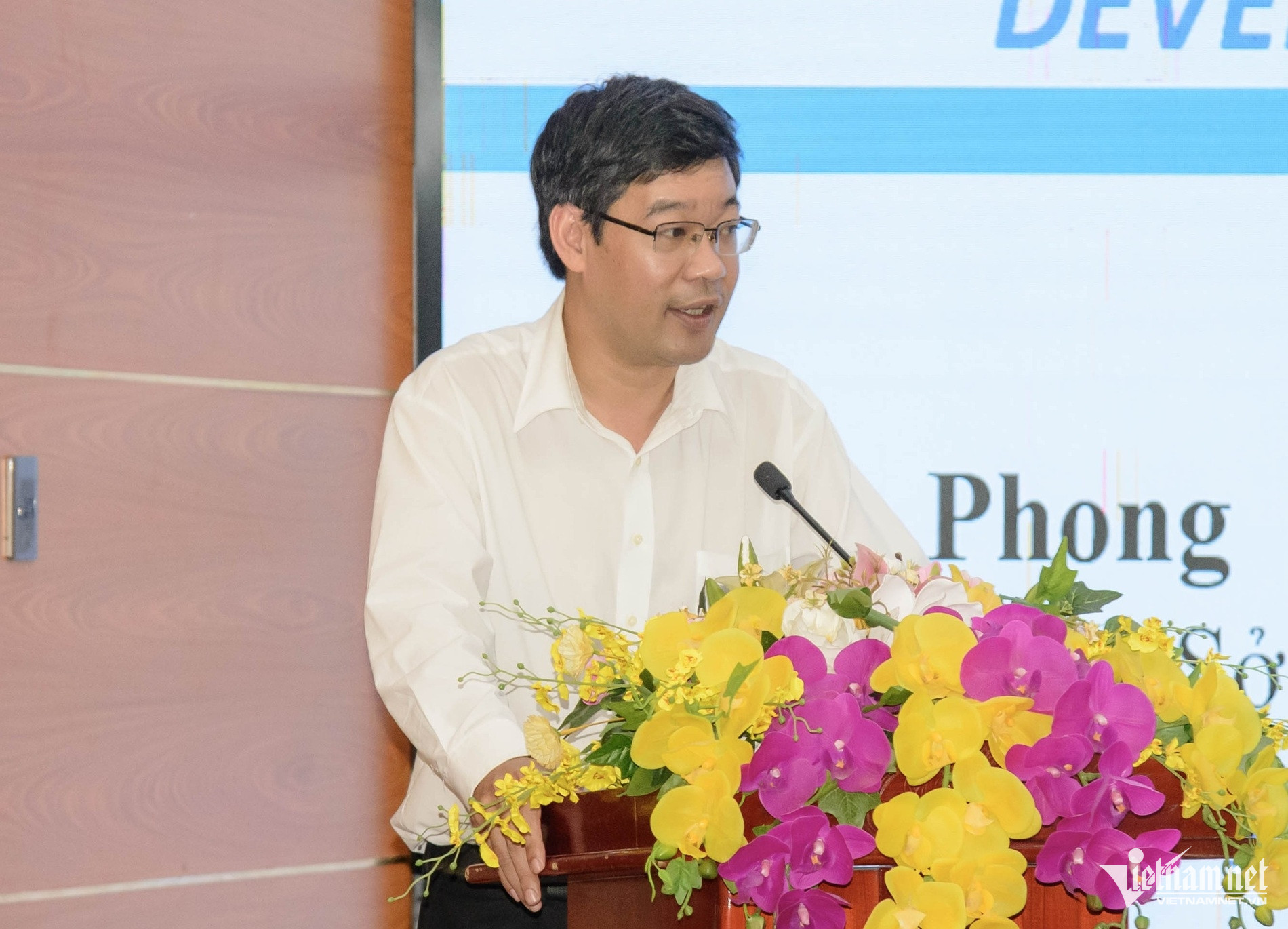
Currently, Da Nang has about 2.3 digital technology enterprises per 1,000 people, with a total of about 53,000 employees in the information technology industry. The average salary is about 18 million VND/month.
However, Mr. Phong also frankly acknowledged many shortcomings such as the shortage of highly qualified human resources, the gap between training and business needs, the "brain drain", limited training infrastructure, weak business digital skills and an incomplete innovation ecosystem.
To overcome this, Mr. Phong proposed 5 groups of solutions: Strengthening leadership and communication to raise social awareness about the role of digital human resources; perfecting policies to attract and promote talents; innovating training models, increasing school-enterprise-state linkages and applying digital technology in education; building a dynamic innovation ecosystem, promoting research and application of science and technology; creating a flexible and creative working environment in enterprises and developing investment funds to support startups.
Practical training
Dr. Huynh Ngoc Tho - Vice President of Vietnam - Korea University shared that developing digital human resources is a long journey, requiring synchronous coordination of the political system, training institutions, businesses and society.
Mr. Tho pointed out 4 main challenges today: training programs are not close to business reality; the connection between schools and businesses is not tight; soft skills and foreign languages of students are still limited; the startup and innovation movement is not strong.
To solve this problem, the school has implemented many liberal arts training programs, linked to practice, and cooperated deeply with foreign partners such as Japan and Korea. Nearly 100% of bilingual students are recruited by businesses right from their final year. The school also focuses on training masters in ICT in English, aiming to create a source of high-tech experts for international integration.
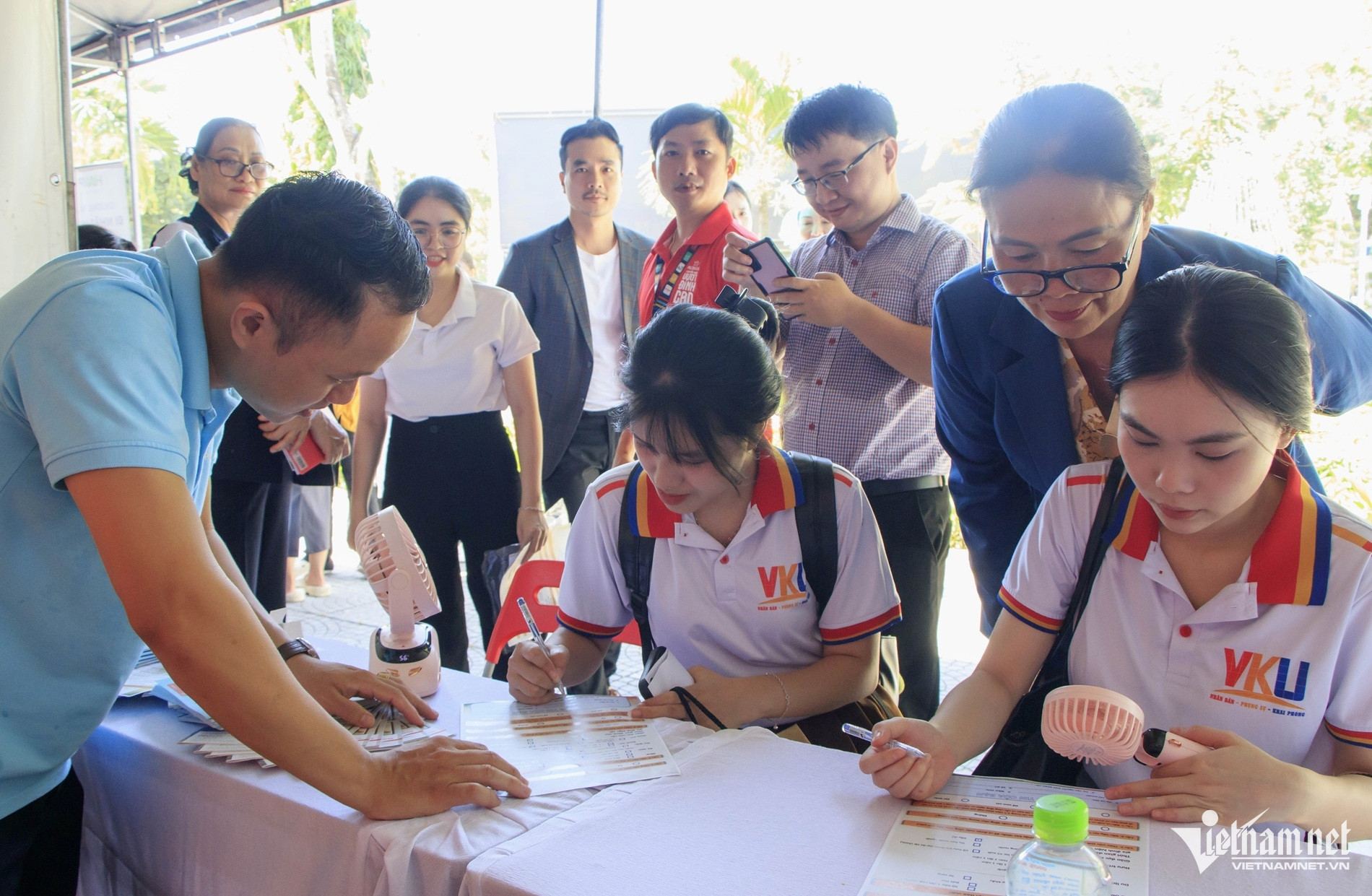
Mr. Bui Ngoc Vinh – CEO of ST United Company – believes that for technology enterprises, human resources must meet the criteria of “ready to work” (ready to work immediately after graduation). In addition, “bill level” – the ability to generate revenue within 6-12 months after recruitment is also an important criterion.
Mr. Vinh emphasized that if it takes many years for engineers to participate in real projects and deliver products, businesses may suffer losses. Therefore, training must be linked to practice from the beginning.
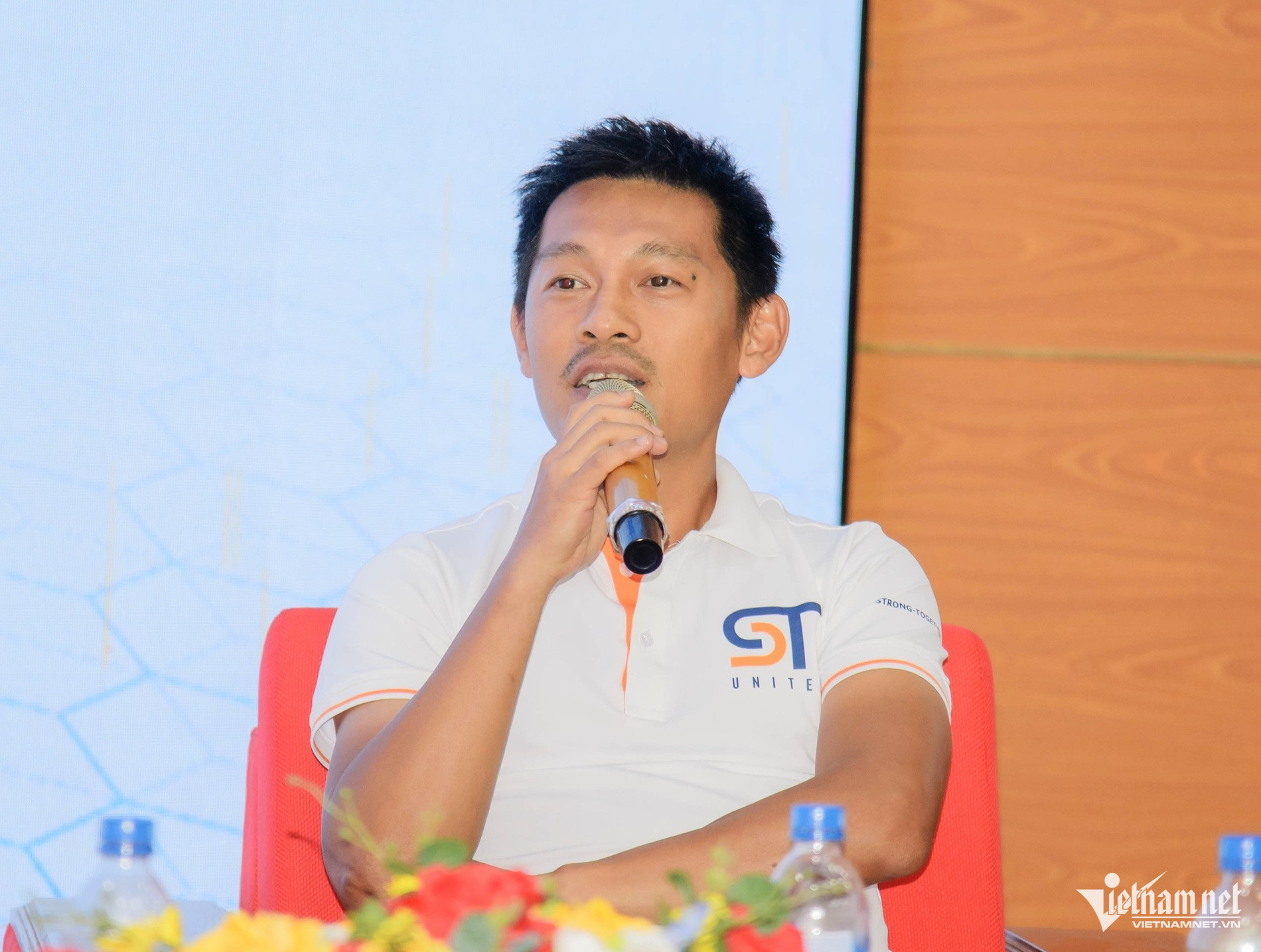
From that reality, according to Mr. Vinh, businesses cannot stand aside but must proactively coordinate with schools to design appropriate training programs.
According to Mr. Vinh, an effective solution is to organize early internships for students, from the 2nd to 3rd year of university, with small tasks in real projects. This is a form of “on-the-job training” that helps students accumulate experience and improve their skills.
The Danang Software Business Association has closely coordinated with many universities to implement internship programs, helping students develop self-study and research skills and achieve "ready to work" standards upon graduation.
| On June 6, the Department of Home Affairs of Da Nang City coordinated with the Vietnam-Korea University of Information and Communications Technology (VKU) and the University of Da Nang to organize a Student Job Fair. The event attracted nearly 10,000 students and workers to apply, many of whom were committed to jobs immediately after graduation. |
Source: https://vietnamnet.vn/doanh-nghiep-cong-nghe-tiet-lo-tieu-chi-tuyen-dung-sinh-vien-sau-khi-ra-truong-2408821.html








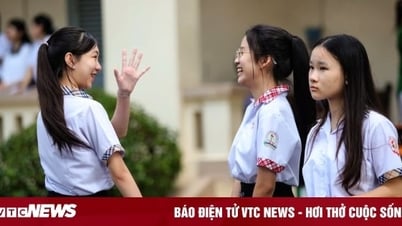







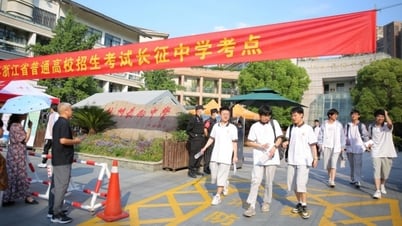






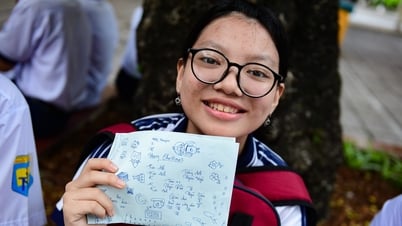



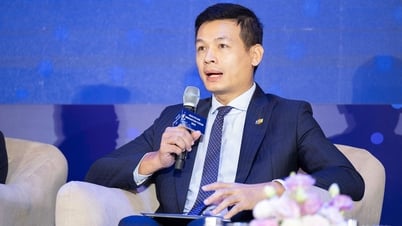

![[Photo] Nearly 104,000 candidates in Hanoi complete procedures to take the 10th grade entrance exam](https://vphoto.vietnam.vn/thumb/1200x675/vietnam/resource/IMAGE/2025/6/7/7dbf58fd77224eb583ea5c819ebf5a4e)






























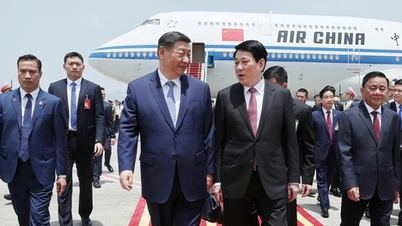







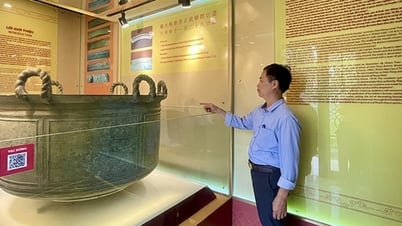




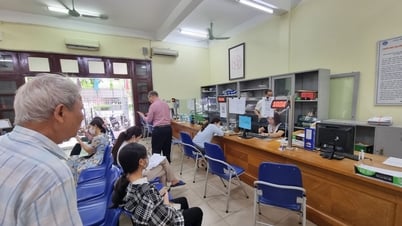



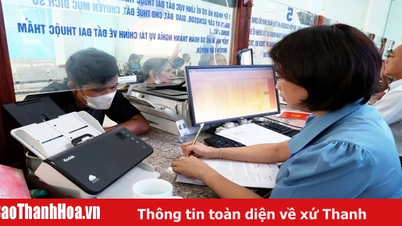

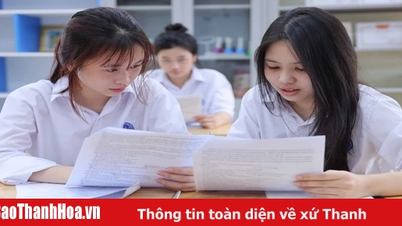
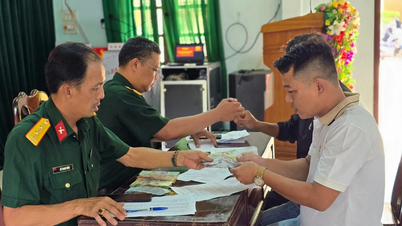







![[OCOP REVIEW] Tu Duyen Syrup - The essence of herbs from the mountains and forests of Nhu Thanh](https://vphoto.vietnam.vn/thumb/402x226/vietnam/resource/IMAGE/2025/6/5/58ca32fce4ec44039e444fbfae7e75ec)




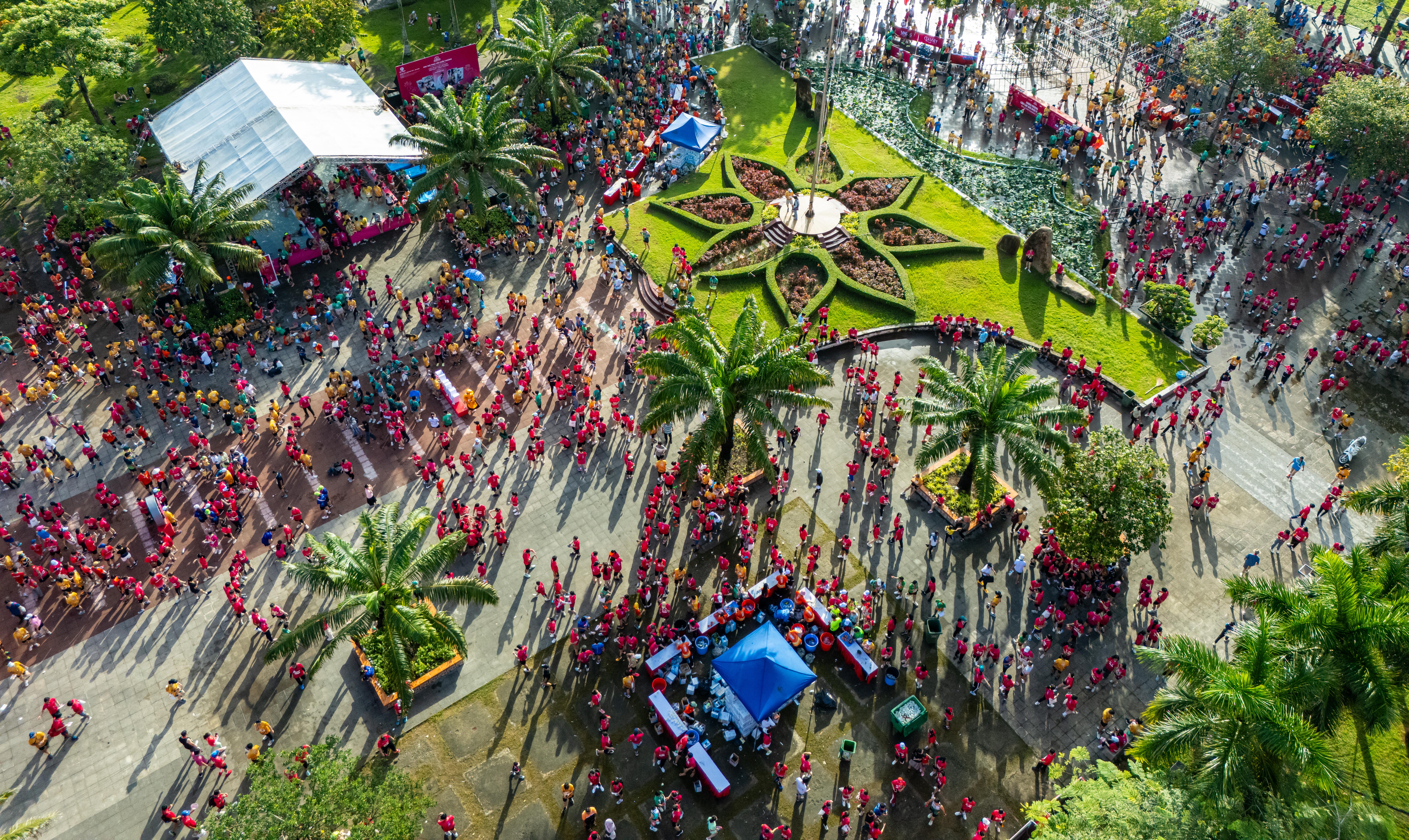

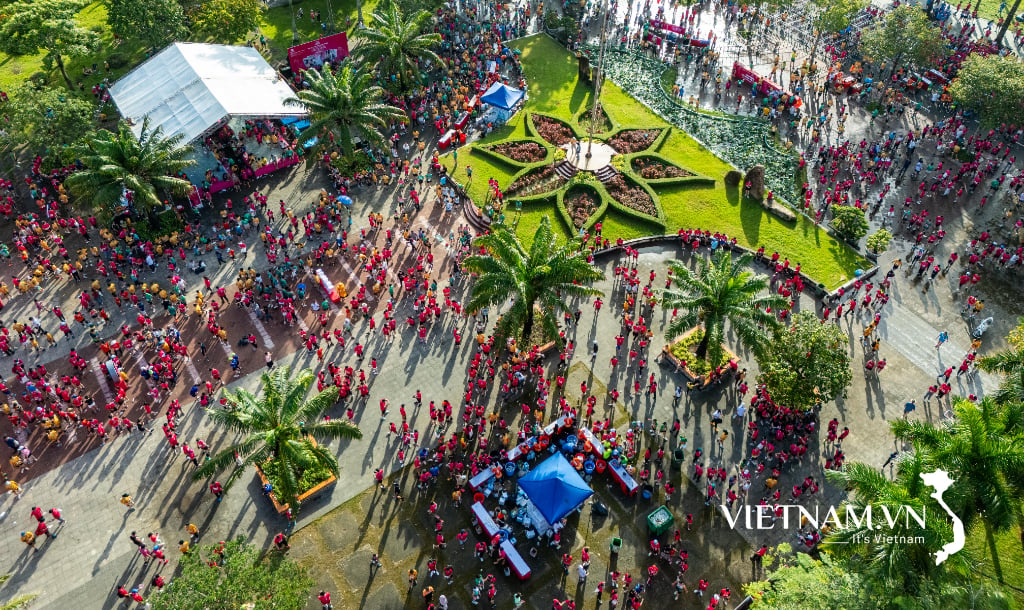

Comment (0)